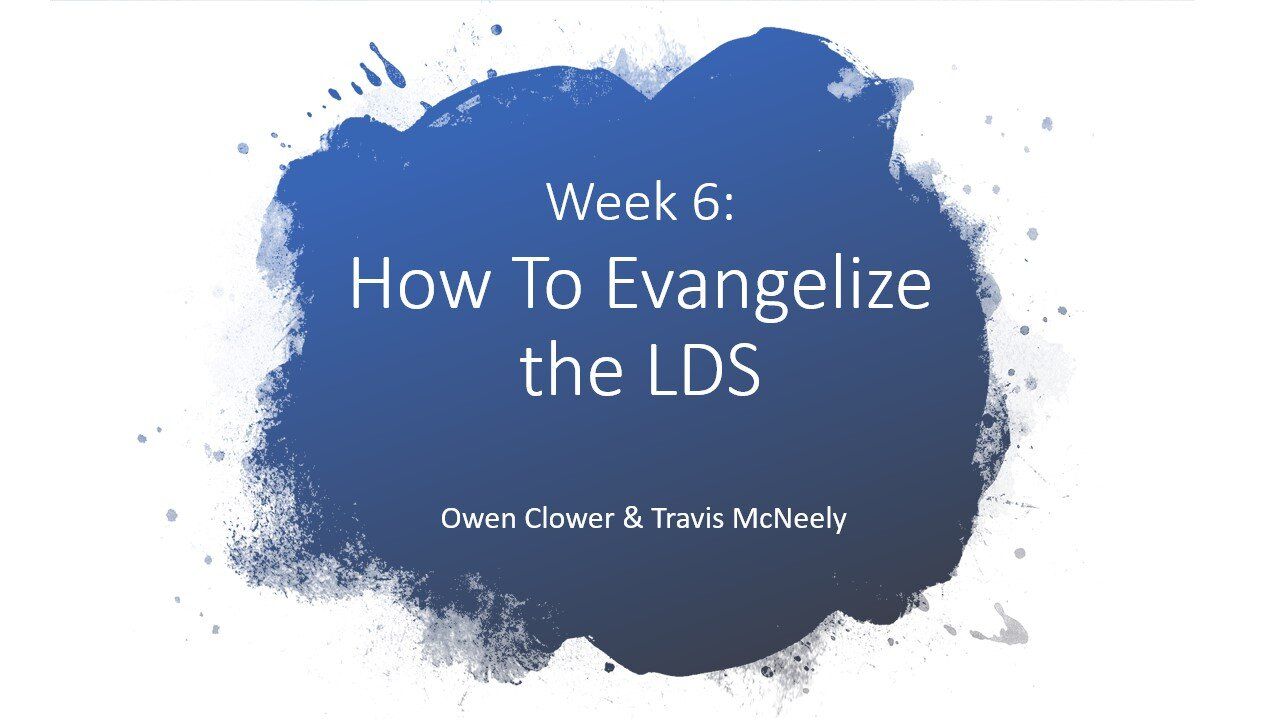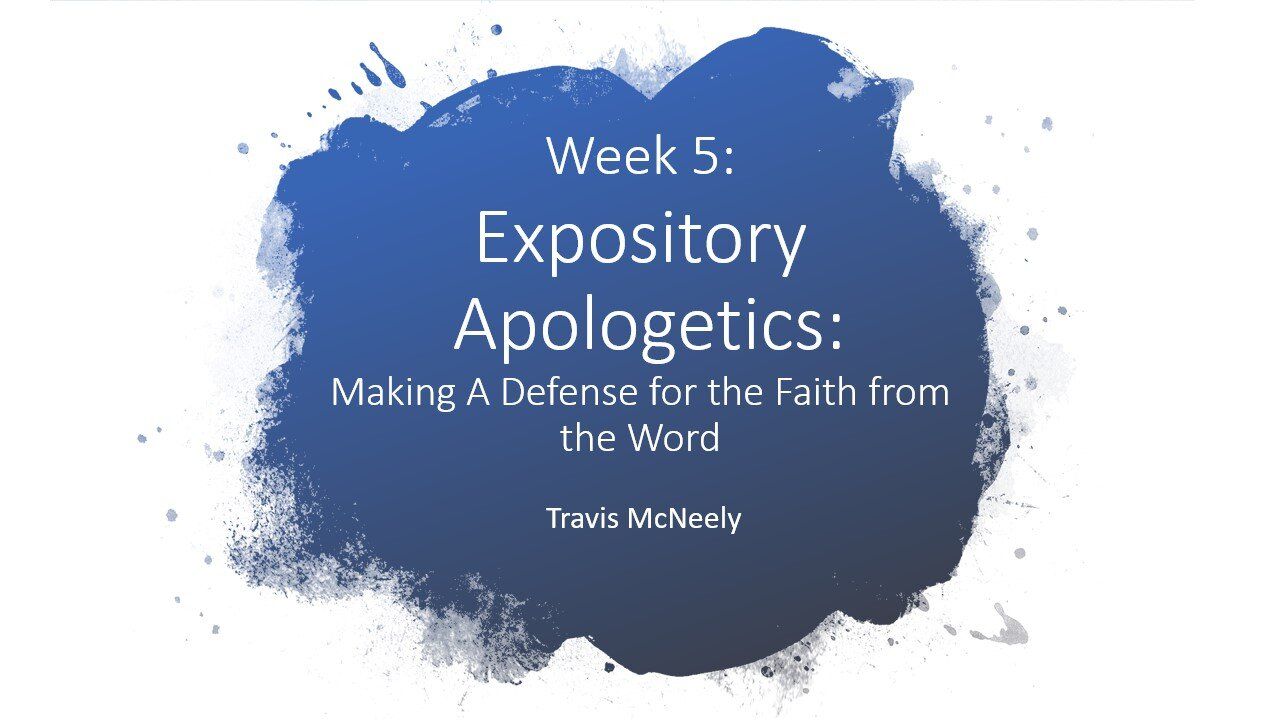What Were They Teaching? Examining the Colossian Heresy: Part 1

Editors Note: This post is in a series of 4 posts from a paper I did in my graduate studies. This is part 1 focusing specifically on the Colossians Heresy. The other two will focus on some exegesis of specific passages in Colossians.
Many have debated over every jot and tittle of the text that best reveals what might be the Colossian heresy. Some have argued that there was, in fact, no heresy, because of the lack of indignation on Paul’s part, which is inferred from how Paul responds to the problem at the church of Galatia.[1] The scholar who subscribes to this view (Hooker) has not found wide acceptance for taking this stance because she does not take into account the uses of the pronouns τις (2:8, 16) and μηδείς (2:18) and even a specific philosophy τῆς φιλοσοφίας.[2]While there has been much speculation about the philosophy in the letter, the theology argued positively by Paul is crystal clear: Christ is supreme . The theology of the letter can be grasped without being able to fully interpret the Colossian heresy, regardless of whether one thinks it’s Gnostics or Jewish influences over the church at Colossae.[3] It is not useless to further study the differing views because it is helpful for interpretation and theology, but it is not essential if the heresy is not precisely known because Christ is greater than the philosophy perpetuated as Paul makes clear.
The Lord of heaven and earth, who made all things and in him all things hold together: he is greater than all and worthy of worship and glory.
The church at Colossae must grasp this and see that this is Paul’s desire for them to bear fruit and increase in the knowledge of God. It is not preoccupying the thoughts of Paul, concerning how to fight against this philosophy, but he is zeroed in on those at Colossae viewing Christ correctly, which will dispel this empty teaching. Knowing how Paul combats this philosophy theologically is enough for application and comprehension of the ideas, although interpretation of what the heresy is exactly may vary greatly.[4]The various interpretations of what the philosophy is have value, but greater weight should be placed on the exegesis of the text and not on the scholars’ attempts to define the philosophy. This blog seeks to show the value and the caution that must be taken with handling scholarly speculation in exegesis of a text by looking at what scholars say about the text and acknowledging the lack of knowledge one may have over a mystery today, that is: “what is this heresy?”
While there has been much speculation about the philosophy in the letter, the theology argued positively by Paul is crystal clear: Christ is supreme.
To Be Continued......This post set the stage, the next will dive deeper into a few different options when it comes to the Colossian Heresy, as to what it might have been. STAY TUNED. I release a blog every Wednesday at noon.[1]Ian K. Smith, Heavenly Perspective: A Study of the Apostle Paul’s Response to a Jewish Mystical Movement at Colossae. Library of New Testament Studies 326. (United Kingdom: T & T Clark Publishers, 2006), 20.[2]Ibid., 20.[3]Clinton E. Arnold, The Colossian Syncretism : The Interface between Christianity and Folk Belief at Colossae (Tübingen: J.C.B. Mohr [Paul Siebeck] 1995), 5.[4]The terms “philosophy” and “heresy” are used interchangeably in regards to what Paul is opposing directly.

Want To Book Me for Your Event or Conference?
Fill out the form below and we'll be in touch!
Book Travis McNeely
We will get back to you as soon as possible
Please try again later
More posts like this...




